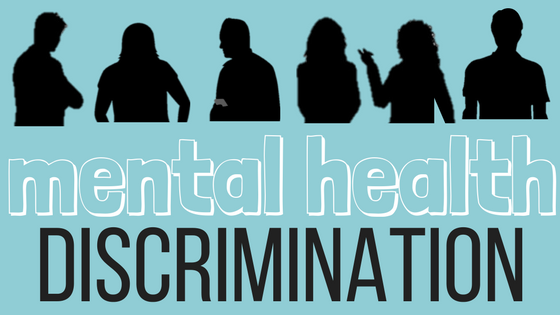When a person with mental illness is properly managing their condition, there is usually no reason they cannot successfully work in whatever field they are otherwise qualified for. However, some employees are still hesitant to disclose their mental illnesses to their bosses because of the fear of being stigmatized due to their differences.
No one should have to withhold critical medical information from someone they are interacting with daily because they fear being discriminated against. Even more importantly, when someone with a mental illness does not disclose their medical information to their boss, it can be extremely difficult for them to get the accommodations they need and do their best work. Legislation protects people with psychiatric illnesses from being fired due to their illness alone. But the rules can be bent. Additionally, if someone believes they were unjustly fired due to their mental illness, going to court with the issue can be expensive and can exacerbate their existing condition.
Under the Americans with Disabilities Act, an employee cannot be fired from a job because they have disclosed a mental health issue to their boss. However, an employee can legally be fired if it is found that he or she cannot perform “essential functions” of a job as determined by an employer. If a boss is implicitly or explicitly discriminatory toward people with mental illness, they may create stricter standards for these employees.
 Once it is known that an employee has a psychiatric disorder, bosses are required to make “reasonable accommodations” so that the employee can enjoy equal employment opportunities. Typically, these accommodations include allowing time for doctor appointments or group therapies, providing a quieter work environment, or allowing for more frequent breaks.
Once it is known that an employee has a psychiatric disorder, bosses are required to make “reasonable accommodations” so that the employee can enjoy equal employment opportunities. Typically, these accommodations include allowing time for doctor appointments or group therapies, providing a quieter work environment, or allowing for more frequent breaks.
Accommodations must be provided unless deemed “unreasonable” by the boss. Again, if a someone has implicit or explicit biases toward people with mental illness, they can find holes in the ADA and unjustly fire an employee. One example was depicted in a New York Times article about disclosing mental health issues to your boss. In summary, a woman who requested Fridays off from her job due to group therapy sessions held that day. She withheld the true reason for her Friday absences from her boss for months. When she finally disclosed the true reason for her missing Fridays, her boss decided that these accommodations were unreasonable, and the woman was fired.
Eighteen percent of Americans live with mental illnesses, according to the National Institute of Mental Health. With such a large portion of the population affected, having legislation fails to protect working citizens with mental illness is not an option. One way to help the legislation that is in place actually do its job is to spread knowledge and enforce acceptance for people with mental illness in corporate settings. Otherwise, the 1 in 6 Americans living with mental illness has reason to be afraid to disclose their illness at work.

